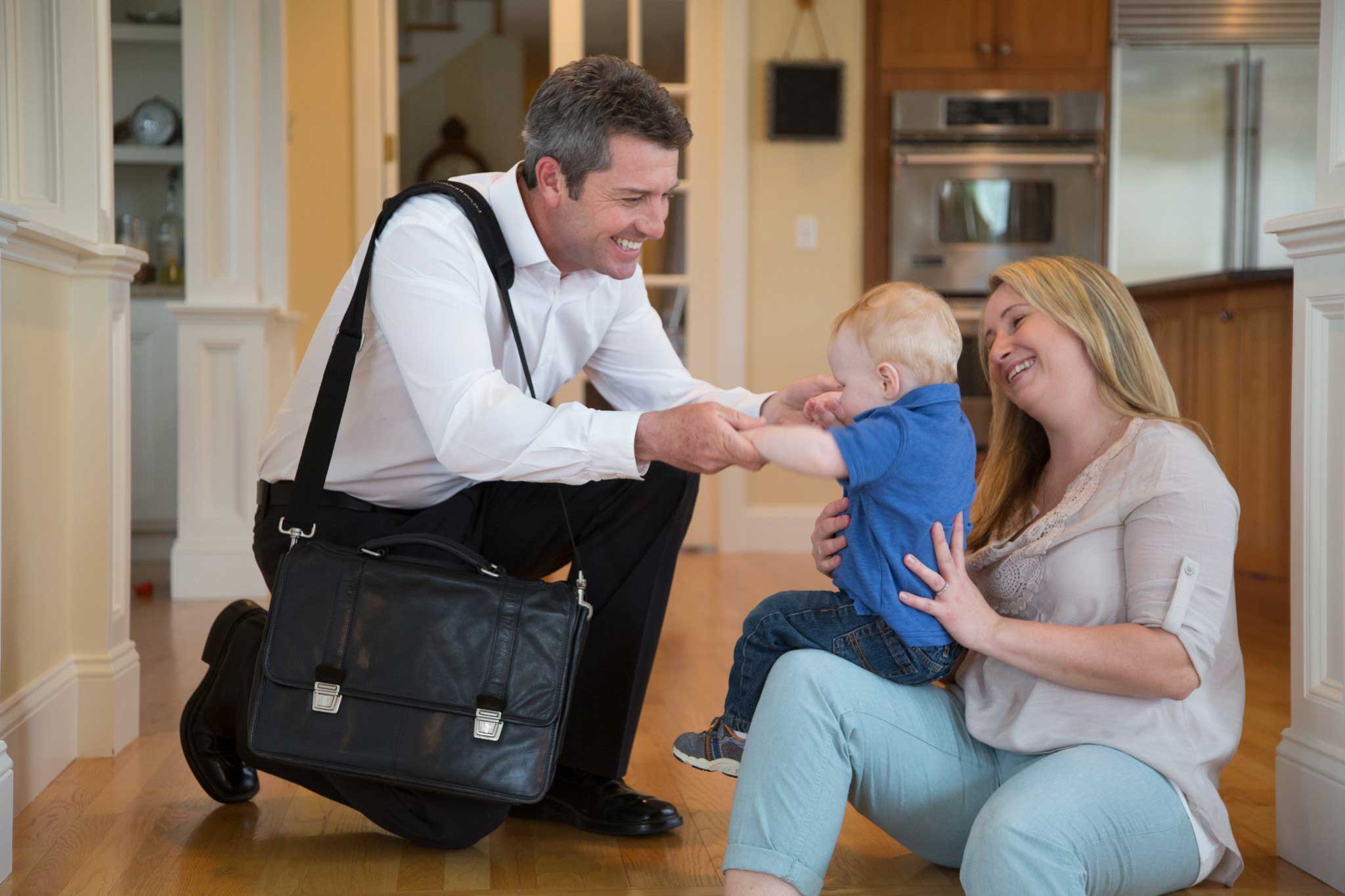Early in 2017, the CDC delivered the surprising news that for the first time, women were having more babies in their 30s than their 20s. Now, the New York Times has provided the perhaps less-surprising partner data: that the more career-oriented the woman, the longer she'll wait to have children.
The findings show a distinct trend, with college-educated women waiting longest to have children - an average of 30.3 years. The numbers answer a question for employers: why care about working mothers? In short, because you need to.
How exactly is that playing out?
The absence of child care doesn't help. In 2016, The Center for American Progress said 2 million parents sacrificed careers because so called "child care deserts" left them without care. The obvious costs are in turnover - what Morra says adds up to about three months of these accomplished employees' total compensation package.
It makes the economics of support look pretty smart. Parent-friendly policies not only satisfy the immediate problem of keeping people; by giving working moms incentive to stick around, they provide role models for future generations, feeding your pipeline indefinitely. Cementing the point, Slate wrote earlier this year about the perils of a child care challenged society, and how it's incumbent upon employers to step up. "The skills gap feeding an unprecedented labor shortage will only worsen," wrote Jennifer Oldham, "if companies don't directly provide child care solutions."
Older, wiser moms in a generation of planners are among the many reasons why.
The findings show a distinct trend, with college-educated women waiting longest to have children - an average of 30.3 years. The numbers answer a question for employers: why care about working mothers? In short, because you need to.
Millennial Working Mothers - A Generation of Planners
Millennial working mothers are part of a generation of planners, and they're carefully planning children around careers. These accomplished women are doing more than establishing themselves before motherhood, but calculating the success metrics of their companies, and sizing up potential before choosing jobs.How exactly is that playing out?
- Half of employees without children in our Lasting Impact study nevertheless factored child care into their career decisions.
- Childless employees in our Modern Family Index (MFI) said they assessed potential futures at a given company based on the experiences of working parents who came before.
- More than half of working mothers told the MFI the prospects were so grim, a baby would likely prompt a job change.
A Double-Sided Retention Problem
Such retention problems come down to policies that are incongruous with parenting. Ovia Health's study, which says a third of women will not return to the workforce after a baby, chalks it up to a trifecta of inflexibility, poor management, and breastfeeding challenges. As author and work/life expert Morra Aarons-Mele told a recent episode of our podcast, The Work-Life Equation, "In a high-earning family, the mom will leave because she doesn't have control of her time, she doesn't have flexibility."The absence of child care doesn't help. In 2016, The Center for American Progress said 2 million parents sacrificed careers because so called "child care deserts" left them without care. The obvious costs are in turnover - what Morra says adds up to about three months of these accomplished employees' total compensation package.
Today's Working Mothers, Tomorrow's Leadership Pipelines
But family unfriendliness has even longer-range risks - namely skills on both sides of the chain. An employee in her 30s is an emerging leader whose exit compromises both your knowledge base and your pipeline. Entry-level employees are the source of your future stars. In the absence of a clear path to success, both may find their way to the door. And in the social-media era, there are no secrets; so less-than-rosy working-parent experiences that become reviews on Glassdoor may translate to newcomers declining to find you at all. If all that isn't scary enough, in a 3.9 percent unemployment market, there's a good chance that your loss is a family friendly competitor's gain.It makes the economics of support look pretty smart. Parent-friendly policies not only satisfy the immediate problem of keeping people; by giving working moms incentive to stick around, they provide role models for future generations, feeding your pipeline indefinitely. Cementing the point, Slate wrote earlier this year about the perils of a child care challenged society, and how it's incumbent upon employers to step up. "The skills gap feeding an unprecedented labor shortage will only worsen," wrote Jennifer Oldham, "if companies don't directly provide child care solutions."
Older, wiser moms in a generation of planners are among the many reasons why.





